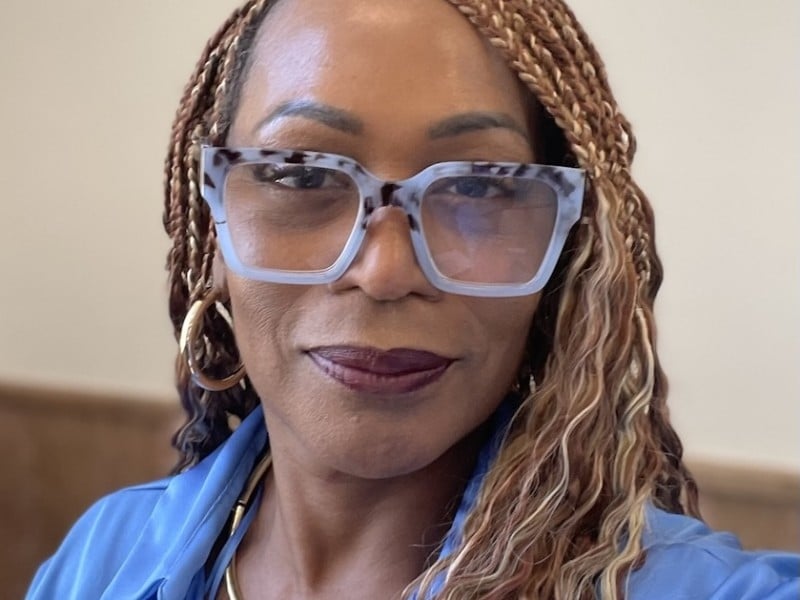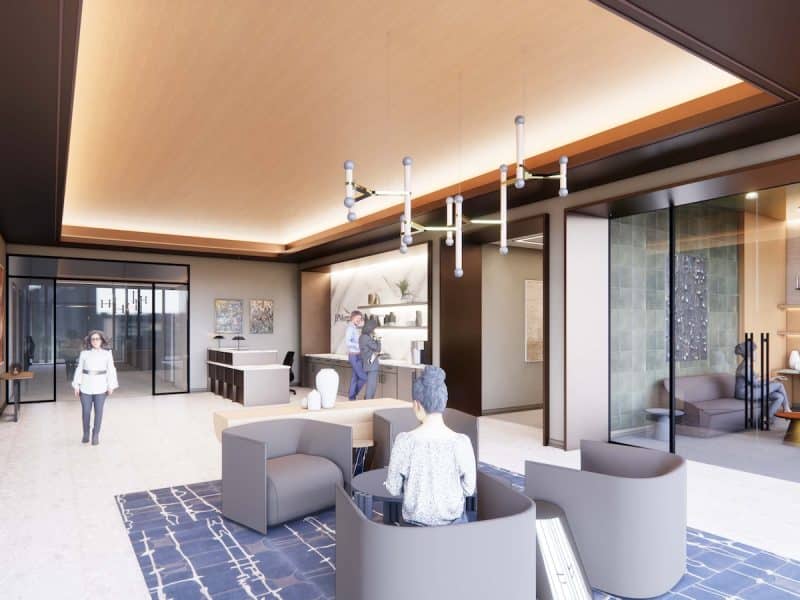Cannabis in Metro Detroit: How the marijuana industry is taking root in the suburbs
The legalization of recreational marijuana in Michigan three years ago created room for the industry to grow in the Great Lakes State, but there have been struggles and challenges at the local level for businesses in Metro Detroit.
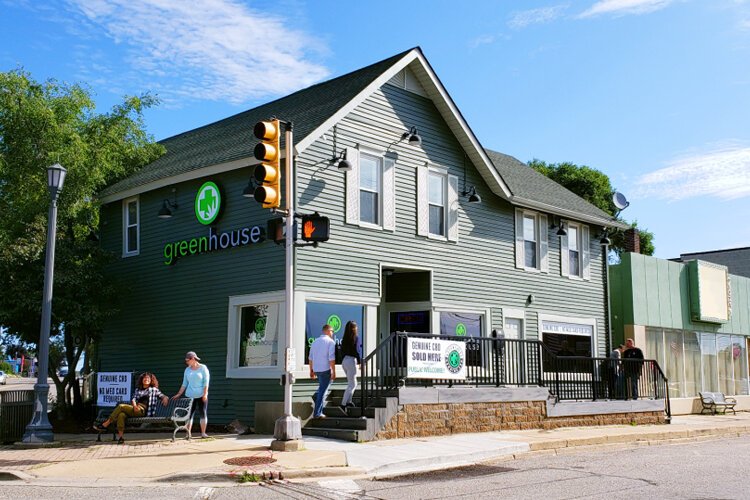
Business is good these days for Jerry Millen, co-owner of The Greenhouse, a marijuana dispensary in Walled Lake. Sales are strong. And considerable numbers of people head to the Oakland County city each day in search of the many varieties of cannabis, pot-infused edibles, and other products his shop offers.
For Millen, who owns the Greenhouse with his partners Frank Marra and Matthew Cecchetti, the shop fills a niche in Walled Lake’s downtown and helps people suffering from a variety of ailments get their medicine. And he’s delighted that his dispensary is bringing in foot traffic for other local businesses and generating tax revenue for the city.
“Things are going great,” he says. “Nobody was coming to Walled Lake to do shopping [a few years ago], now I’m bringing 1,000 to 1,200 people a day.”
[Related: How the city of Detroit is putting Detroiters first in the local cannabis industry]
It wasn’t always this way. For years, the building he owns sat vacant while its prospects for opening up as dispensary wavered in legal limbo. To understand why it took so long for The Greenhouse to open, however, requires taking a step back to 2008. That’s the year a state law known as the Michigan Medical Marihuana Act (MMMA) first made medical marijuana legal in the Great Lakes State. Two years later, Walled Lake became one of the first municipalities in Oakland County to pass an ordinance allowing marijuana dispensaries.
While the MMMA laid out some rules for growing and using the plant, the legal grounds for running a retail facility to sell it was still quite murky at the time. While shops with one of Walled Lake’s three licenses were ostensibly allowed to operate under its ordinance, marijuana was and still is considered an unlawful substance on the federal level. To complicate matters further, Oakland County Sheriff Michael Bouchard was known for working with the DEA to raid and shut down medical marijuana facilities in the county at that time.
Millen, a former CBS sports anchor with experience growing plants for medical marijuana patients as a caregiver, became interested in opening up a dispensary in Walled Lake after someone he knew had their shop shut down by county law enforcement. After his friend declared their intention to leave the industry, Millen applied for and received a dispensary license. From there, he purchased a two-story building at the corner of Pontiac Trail and West Walled Lake Drive and spent several years renovating it. Conscious of how other dispensary owners had been closed down, though, he decided to wait until the legal waters were clearer before opening his establishment. The whole time, however, he made sure to keep the payments for his license current.
“I like to do things by the book and follow the law,” says Millen. “There were two other dispensaries that opened, I chose not to, because I didn’t want to get raided. No amount of money is worth risking my family or going to jail for.”

As fate would have it, though, Walled Lake ended up retracting all of its dispensary licenses in 2016 in order to comply with a new state law, the Medical Marihuana Facilities Licensing Act (MMFLA), which created a formal system to regulate medical marijuana operations in the state.
After sending out a new application and passing inspection, Millen was granted a new MMFLA-compliant license from the city. Finally, after six years of waiting, he opened the Greenhouse in 2019. And over time he’s built a strong customer base, one that’s expanded even more over the past year as his business has started selling marijuana for recreational purposes.
Although he’s had to deal with legal challenges and even some alleged harassment from rival companies that appear to covet his dispensary license, The Greenhouse co-owner is quite happy with his relationship with Walled Lake. He calls the local government’s stance on cannabis “forward-thinking.” City council, in turn, has recently appointed him as a member to the city’s Downtown Development Authority. Millen sees serving on the DDA board as part of being a responsible member of his local business community, something that’s all the more important due to the kind of shop he runs.
“As a dispensary owner, you have to have a good reputation and you have to work very close with the city,” he says. “Because you’re basically bringing a controversial topic into a city, and you want to be a good player.”
With that in mind, Millen has his heart set on helping to revitalize Walled Lake’s downtown. Last year, he donated $10,000 to the restoration of Banks-Dolbeer House, a historic house near his shop that was built in the 1830s that once served as a stop on the Underground Railroad. He’s also been supportive of local commerce, buying lunch for his staff from local restaurants and promoting other Walled Lake businesses through The Greenhouse’s social media channels.
“I think it would be fantastic if we can help revitalize Walled Lake,” says Millen. “I would love nothing more than to say look what cannabis did for a town that was neglected for years.”
Struggles at the local level
As the founder of Cannabis Counsel, the state’s first marijuana-focused law firm, and the executive director of the Michigan chapter of NORML, Matt Abel has had a good seat to observe the liberalization of marijuana policy in the Great Lakes State. And from his point of view, the ball has really moved forward for cannabis-related industries over the past few years.
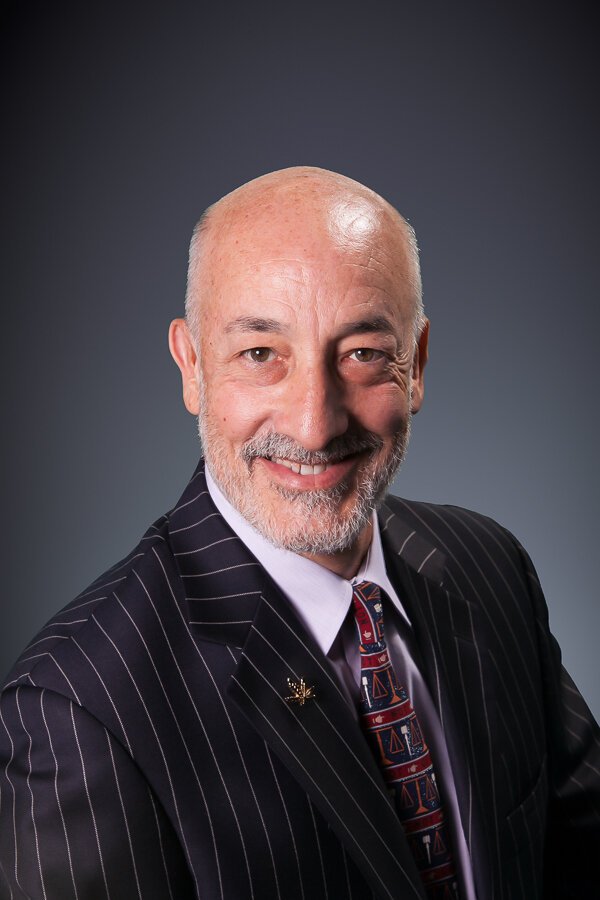
“It used to be that we would advise people to stay out of certain counties because the sheriffs in those counties were doing the law enforcement at that point,” says Abel. “Now I tell people it doesn’t matter where you are. If you can get a license, then the city is OK with it. And the sheriff has nothing to say as long as you’re in full compliance with the law.”
A big part of the change has been the passage of the MMFLA. By creating a formal process to license, regulate, and track marijuana sales in the state, it’s played an important role in legitimizing the work of commercial growers, processors, and related operations. And that’s led to a new relationship with state and local authorities that’s allowed them to operate with much less apprehension.
The election of Gov. Gretchen Whitmer in 2018 helped to change the equation even further. Abel says the implementation of medical marijuana licensing under former Gov. Rick Snyder’s administration was quite slow. When Whitmer took office, however, she replaced the director of Michigan’s Department of Licensing and Regulatory Affairs (LARA) and created a new Marijuana Regulatory Agency under it to help regulate medical and recreational marijuana more efficiently. Beyond that, the legalization of recreational marijuana three years ago also created new room for the industry to grow in Michigan.
According to an economic analysis by Michigan State University last year, the estimated retail value of the marijuana industry is expected to hit $3 billion.
That said, there have still been struggles over marijuana at the local level. Last month, for example, Shelby Township passed an ordinance granting local officials the ability to force grow operations out of residential areas. Residents of West Bloomfield Township frustrated by the smell and traffic of alleged grow operations in their neighborhoods have been pushing for similar action. A ruling last year by Michigan’s Supreme Court allows municipalities to pass zoning ordinances to determine where medical marijuana can be grown by caregivers.
And beyond that, there’s still the question of whether communities opt in or out of licensing marijuana-related commerce within their borders. Right now, there are only 22 communities in Macomb, Oakland, Washtenaw, and Wayne that have opted to allow licensing under the MMFLA.
Abel recalls attending a city council meeting in Plymouth a few years back where the idea of marijuana licensing was rejected on the premise that patients ought to just go somewhere like Ann Arbor to buy cannabis, a position the attorney feels is shortsighted.
“We’ve still got a lot of old white guys who are not progressive and think that cannabis is an evil thing,” he says. “But I think as we get more of it spread around people are realizing it doesn’t hurt their property values, the kids are not using it any more than they already did … and it’s creating jobs and economic viability.”
Marijuana as medicine
Dispensaries are only part of the story of what’s happening in the suburbs regarding marijuana. Google “marijuana near me,” and if you live in Southeast Michigan you’re likely to turn up the names of clinics offering to help patients get medical marijuana cards, cannabis delivery services, and other businesses relating to Michigan’s marijuana industry.
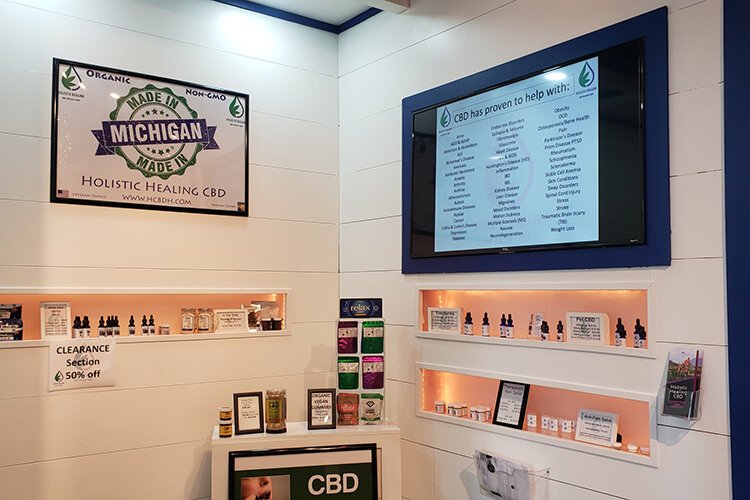
Holistic Healing in Troy is one of those establishments that fits into the other category. It’s a manufacturing company that specializes in making medicinal CBD (cannabidiol) oils and related products, which patients use to treat issues like pain and anxiety. (It’s worth noting that the FDA has approved only one CBD product, a seizure medication, as safe and effective for its intended use.) Co-owned by Rose-Ann Cross and her son-in law Tim Matthew, Holistic Healing offers both full spectrum CBD oils, which contain oils from the entire cannabis plant and broad spectrum CBD oils, which have had the THC (the psychoactive compound that gets people high) removed through a special extraction process.
According to Matthew, his mother-in-law, who uses CBD oil to treat a brain tumor, got the idea to start the company with her husband after having a bad experience with another manufacturer’s product.
“They were actually buying some local CBD at a shop in late 2015 early 2016,” says Matthew. “Her husband was also a medical marijuana grower so he had access to one of the local [marijuana testing] labs, Iron laboratories. He turned it in to go have it tested and turns out there was no CBD oil in it.”
Frustrated at discovering this bogus product and motivated by the news that their newborn grandson, Matthew’s child, had cerebral palsy, which is sometimes treated with CBD oil, they decided to found Holistic Healing in 2016. Matthew joined the company as a co-owner two years ago, following the death of Cross’ husband.
Holistic Healing is dedicated to being as transparent as possible about what it sells. Right now, the company sources its cannabis from growers in Colorado and then has the CBD oils extracted from the plants over there and shipped to Michigan. From there, Holistic Healing mixes those extracts in different quantities with carrier oils to make its products and ships them to Iron Laboratories in Troy or PSI labs in Ann Arbor to have them tested. Employees with the company then print special labels based on those lab results and assemble the final product.
In addition to mailing out products or having customers pick them up, Holistic Healing now sells their product at five Oakland County locations, including Ferndale’s Rust Belt Market where Cross and Matthew are often on-hand to answer customer questions.
The last year or so has been somewhat rough for Holistic Healing. Matthew says the pandemic has had a noticeable negative impact on their retail sales. But the company also has a solid group of dedicated customers and is committed to helping them meet their medical needs.
“There are these clients that are repurchasing for months and years of buying the oil,” says Matthew. “And then you hear their stories about how it’s changed their lives and that’s what keeps us going every day.”
A green future?
Looking ahead, Millen has his eye on other places where he might expand The Greenhouse brand. The dispensary co-owner would like to open another store, but wants to find the right city to set up shop. He’s also hopeful that the federal government will legalize pot in the next few years, which would make running businesses like his more financially viable.
“It’s challenging running a cannabis business because of tax code 280E, which makes it almost impossible to have any types of write-offs whatsoever,” he says. “Because the federal government considers us drug traffickers, but man they’ll take our federal tax dollars. I don’t even know how that works.”
Abel also believes federal legalization to be a possibility in the not-too-distant future. But when that comes to pass, he expects multi-state operators are going to have an enormous impact on how the industry operates.
“Right now is the time for the little guy to get his foot in the door, because once it’s legal federally, there’s nothing to stop interstate commerce,” says Abel. “They can centralize it, make it all in Denver, and ship it wherever.”

